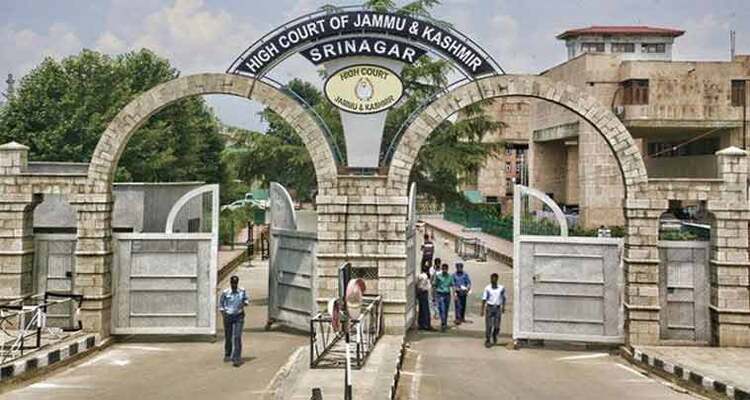
The Jammu and Kashmir and Ladakh High Court, in the case of Sheikh Mohammad Sadiq (deceased) Through his Legal Representatives Vs Jammu & Kashmir Bank, clarified that courts hold the authority to excuse delay in bringing legal heirs on record, even without a formal application under Section 5 of the Limitation Act.
Justice M A Chowdhary, affirming a trial court’s decision to condone delay without a formal application, stated that although it is customary to submit a formal application under Section 5 of the Limitation Act 1963, the Court or Tribunal retains the discretion to pardon delay even in the absence of such application.
In a case involving Jammu & Kashmir Bank Limited and Sheikh Mohammad Sadiq, Sadiq passed away on February 1, 2002, during the ongoing lawsuit. Although the Bank informed the court of his death on July 18, 2002, a formal application to include his legal heirs was filed only on September 17, 2002.
Despite the 16-day delay, the trial court approved the Bank’s application. Sadiq’s heirs challenged this decision, arguing that the suit had lapsed due to the Bank’s failure to include them within six months of Sadiq’s death.
They contended that their inclusion was time-barred and should not have been allowed without a formal request for delay condonation. However, the respondents argued that the delay was justified and should be excused in the interest of justice.
Justice Chowdhary stressed the importance of a balanced approach in handling applications for substitution of legal heirs or setting aside abatement of proceedings.
He emphasized the need to assess explanations for delay liberally to ensure justice prevails. The court stated that in dealing with such applications, the court must strike a balance and satisfactorily explain any delay. However, the court should adopt a liberal and expansive approach and proceed ex debito justitiae.
The court further noted that while abatement of proceedings may result in a legal right favoring the opposite party, this should only be a limiting factor to a restricted extent. Thus, the words “sufficient cause” in Section 5 of the Limitation Act should be interpreted liberally to advance substantial justice.
Despite the absence of a formal application for condonation of delay, the bench upheld the trial court’s decision, stating that the plaintiff had acted promptly upon learning of the defendant’s demise.
Therefore, the contention regarding the trial court’s alleged arbitrariness in allowing the application without a formal request for delay condonation was dismissed.
Read More: Supreme Court, Delhi High Court, States High Court, Other Courts, International




